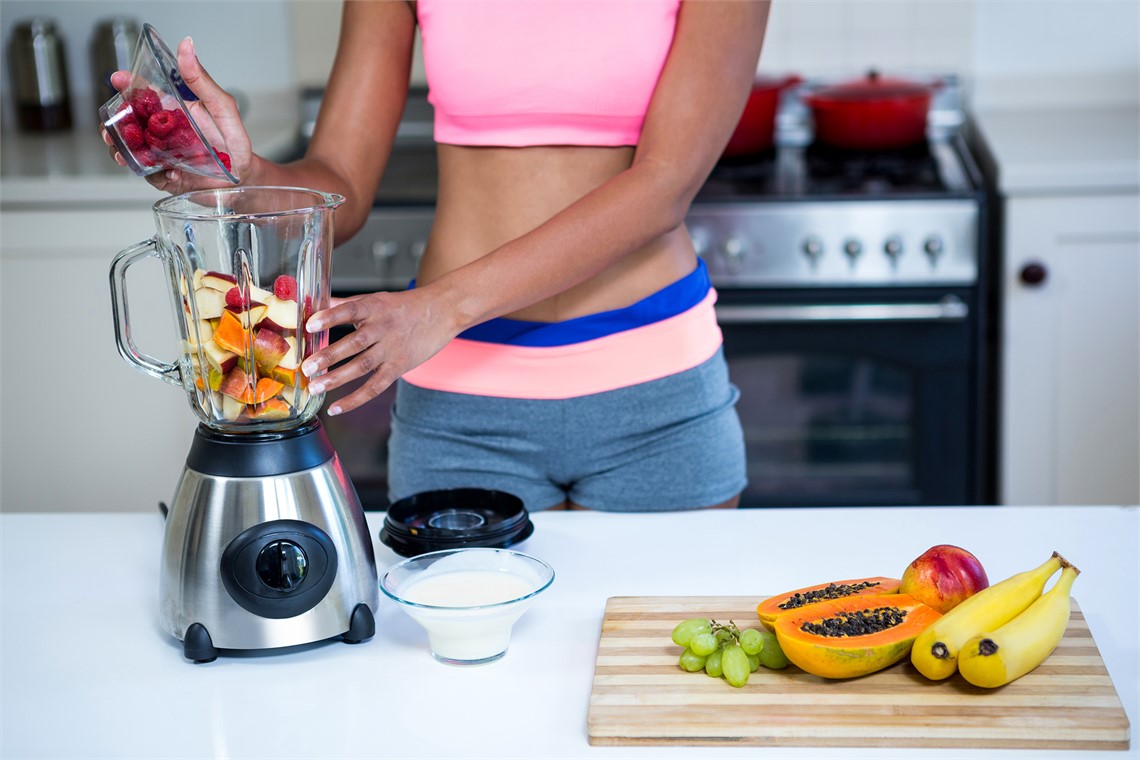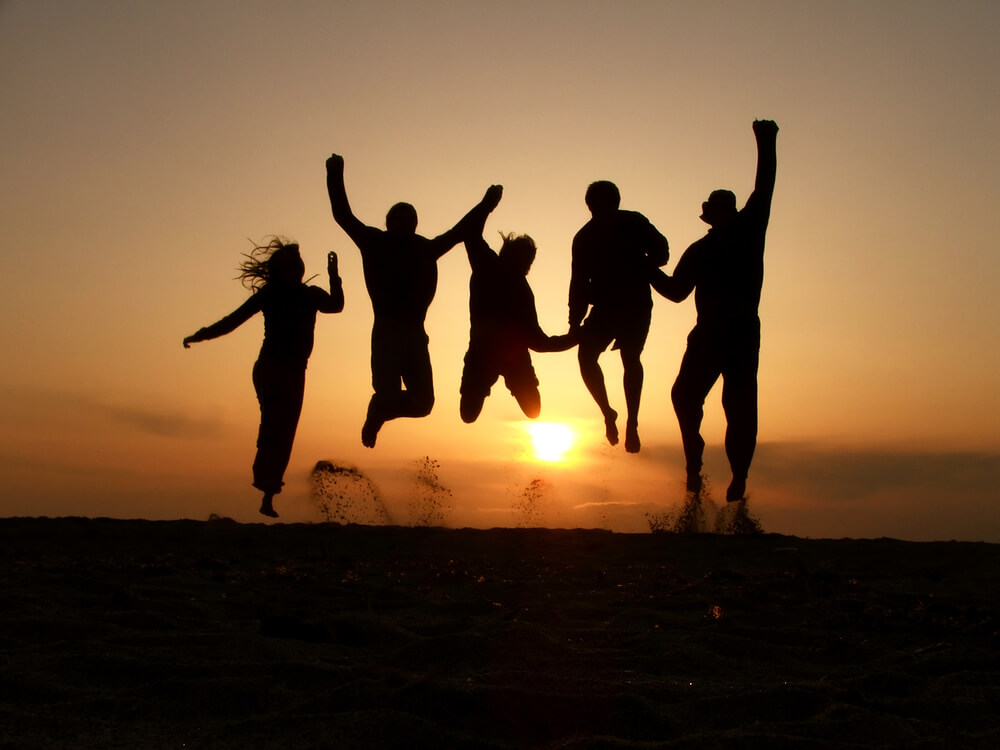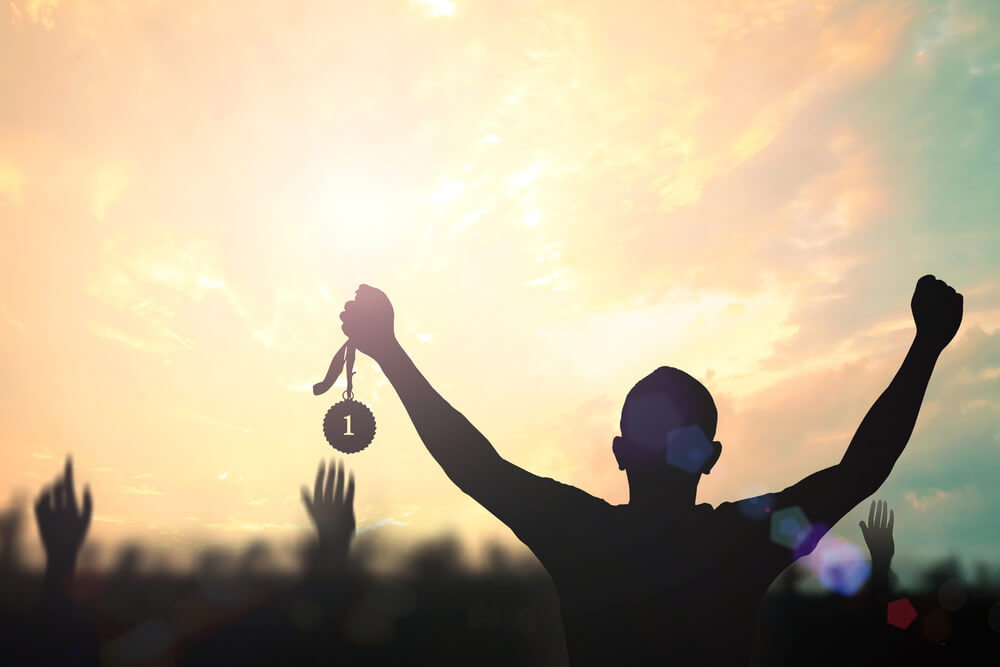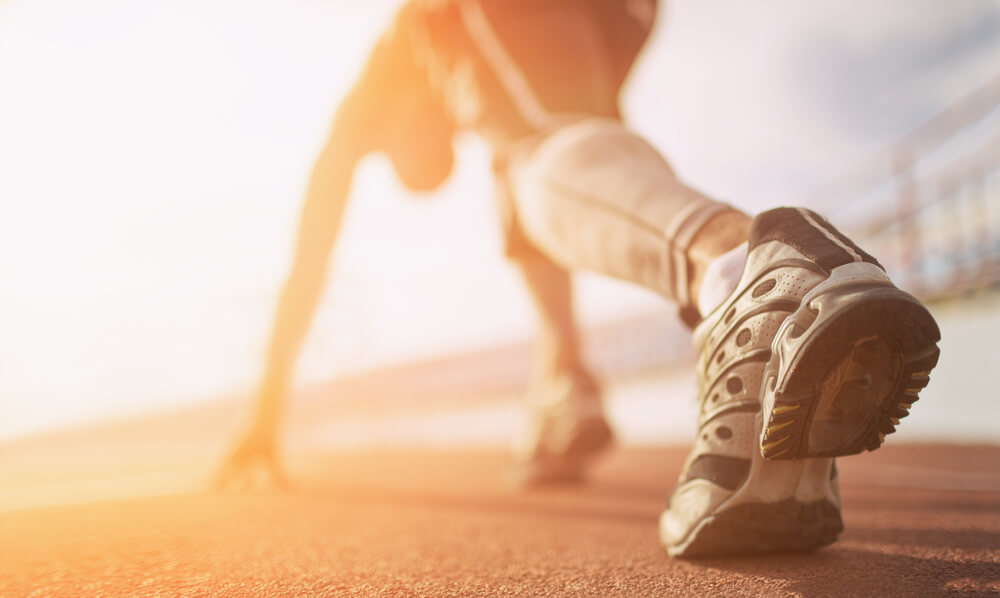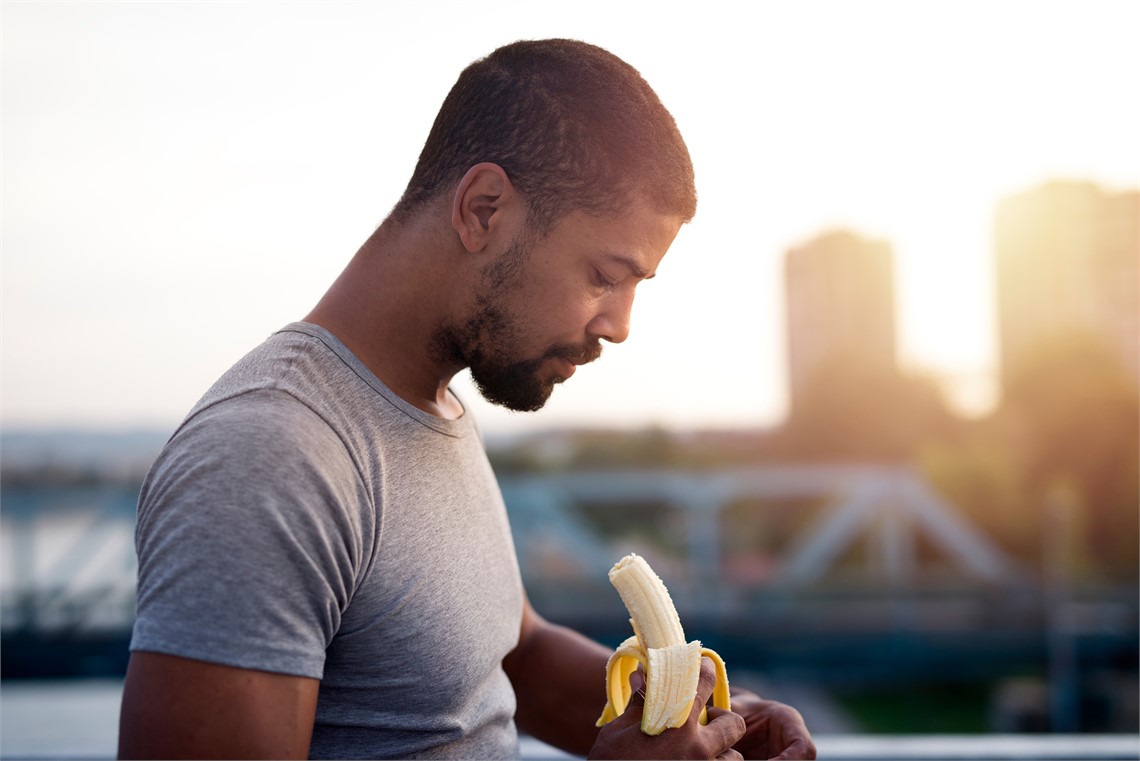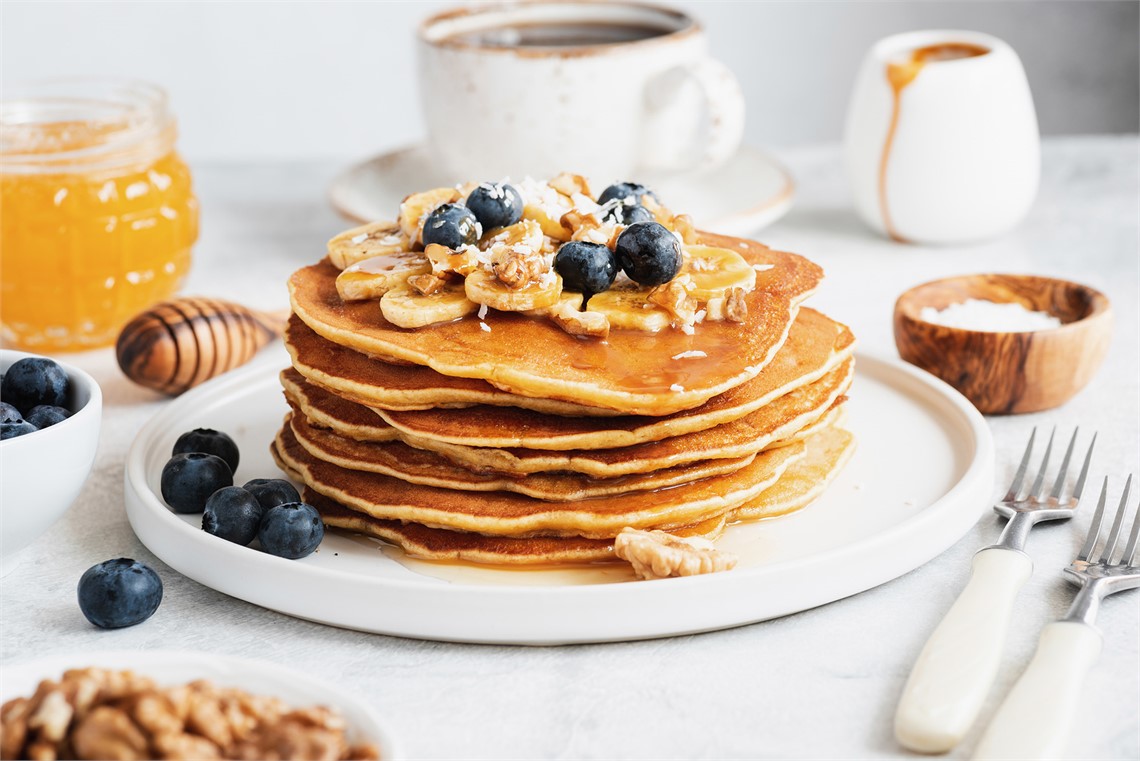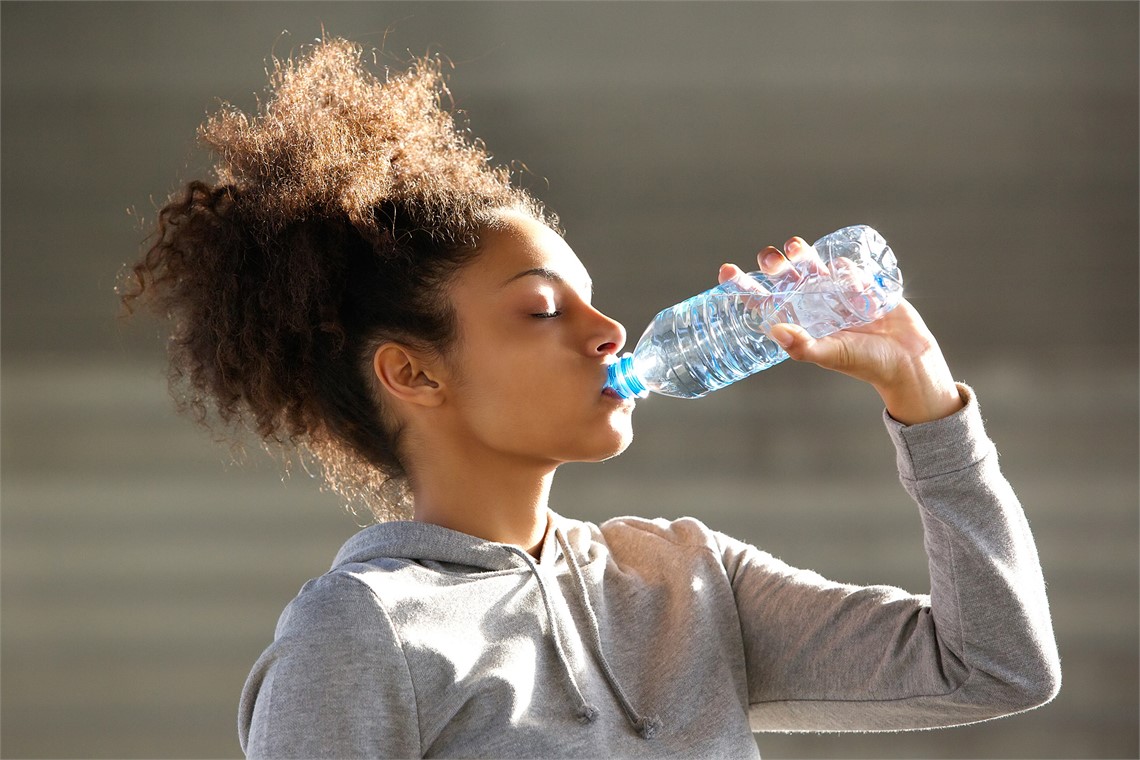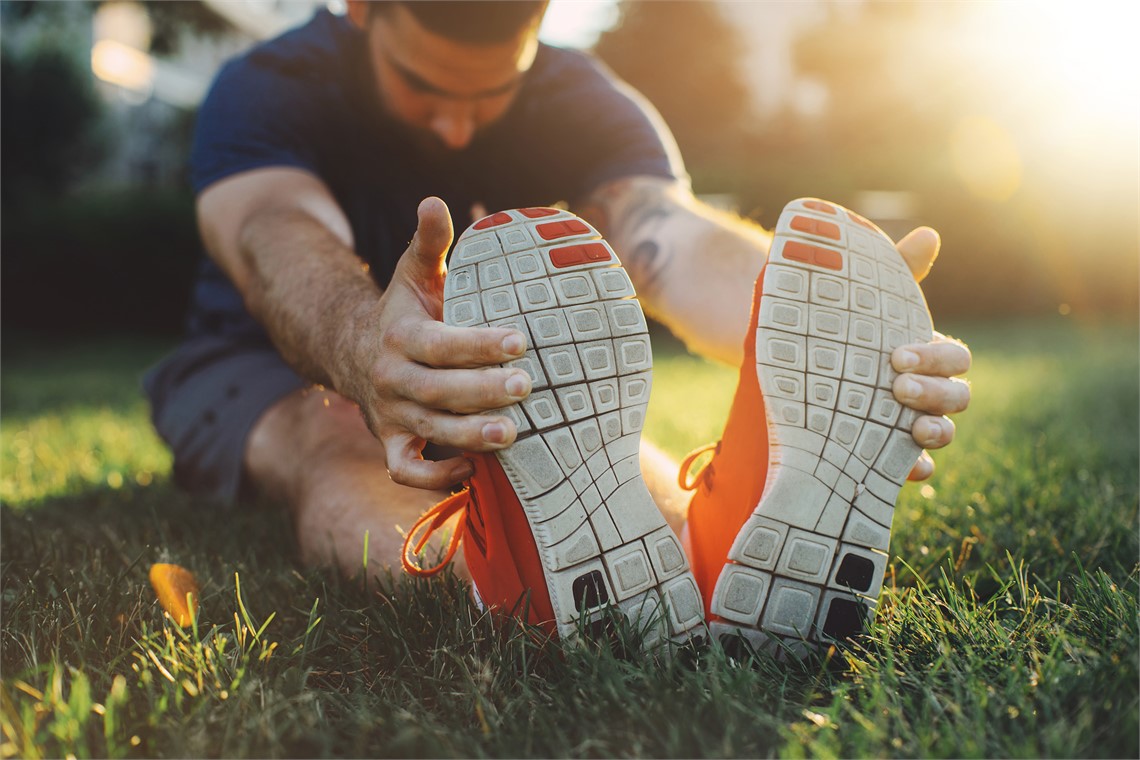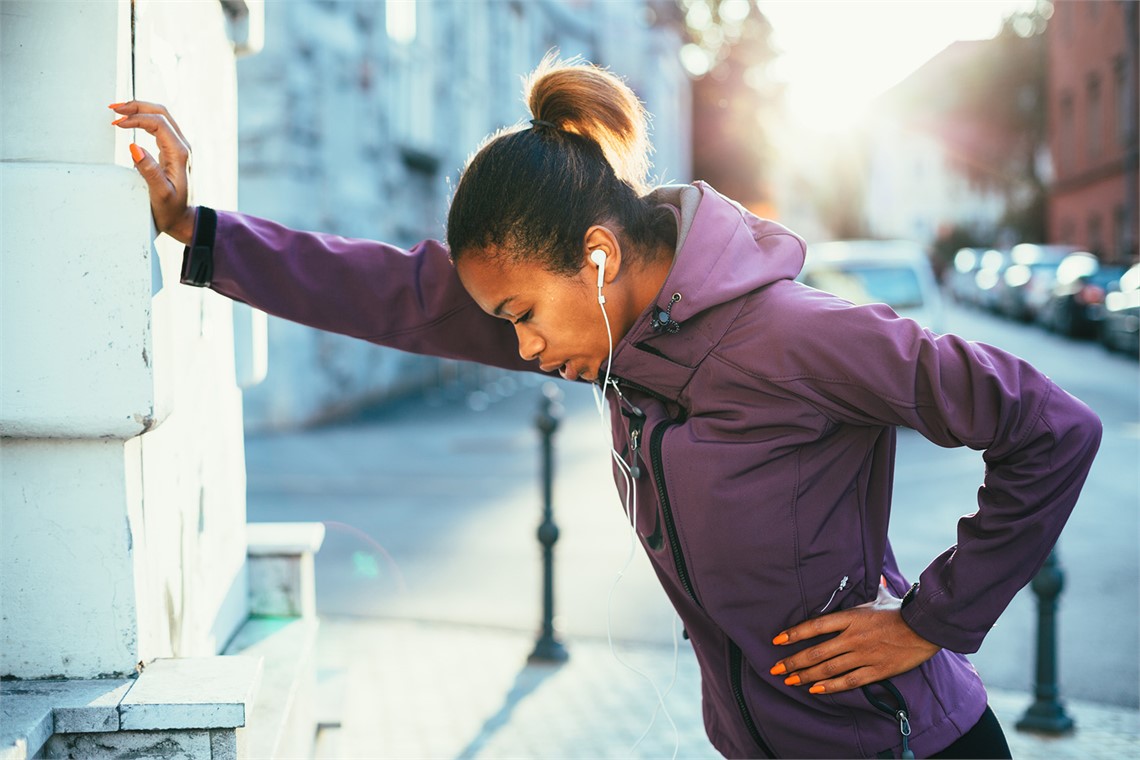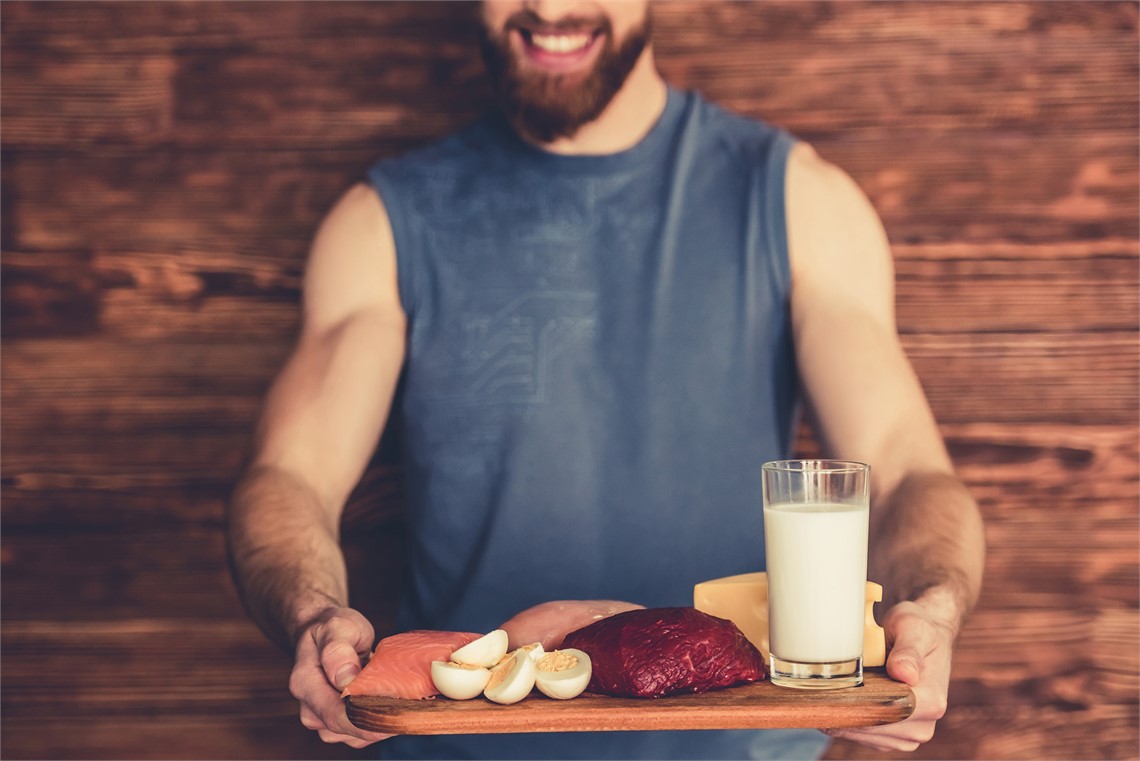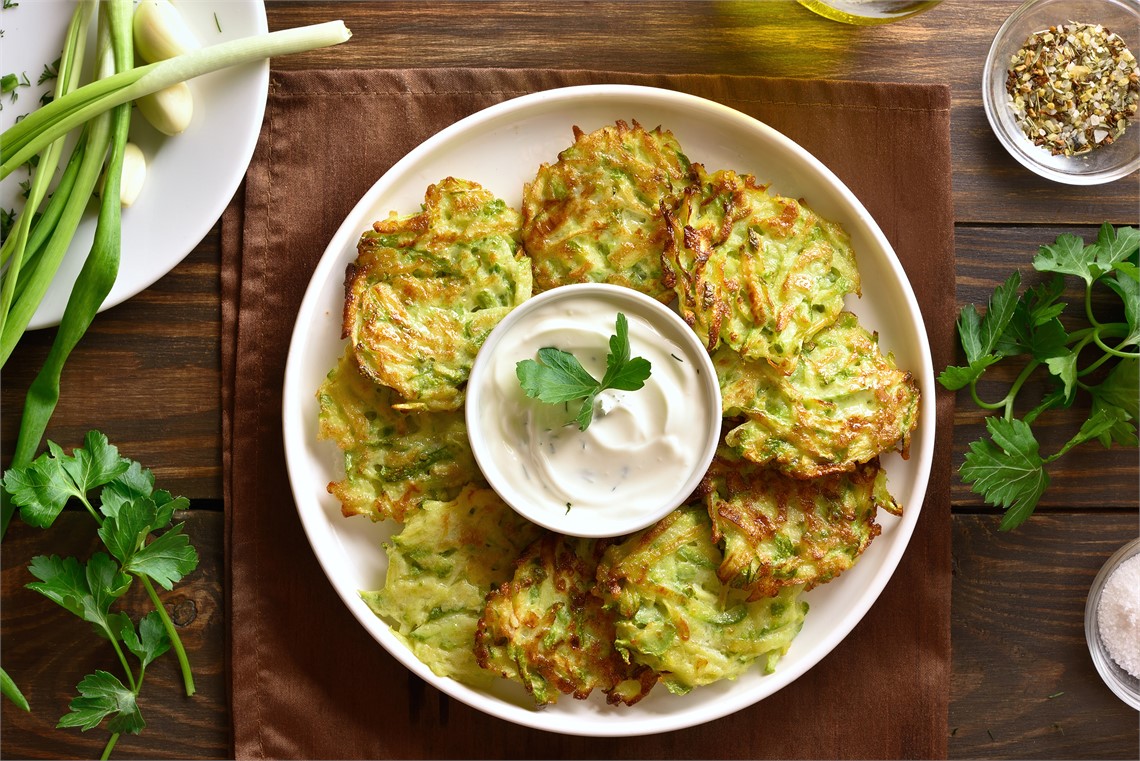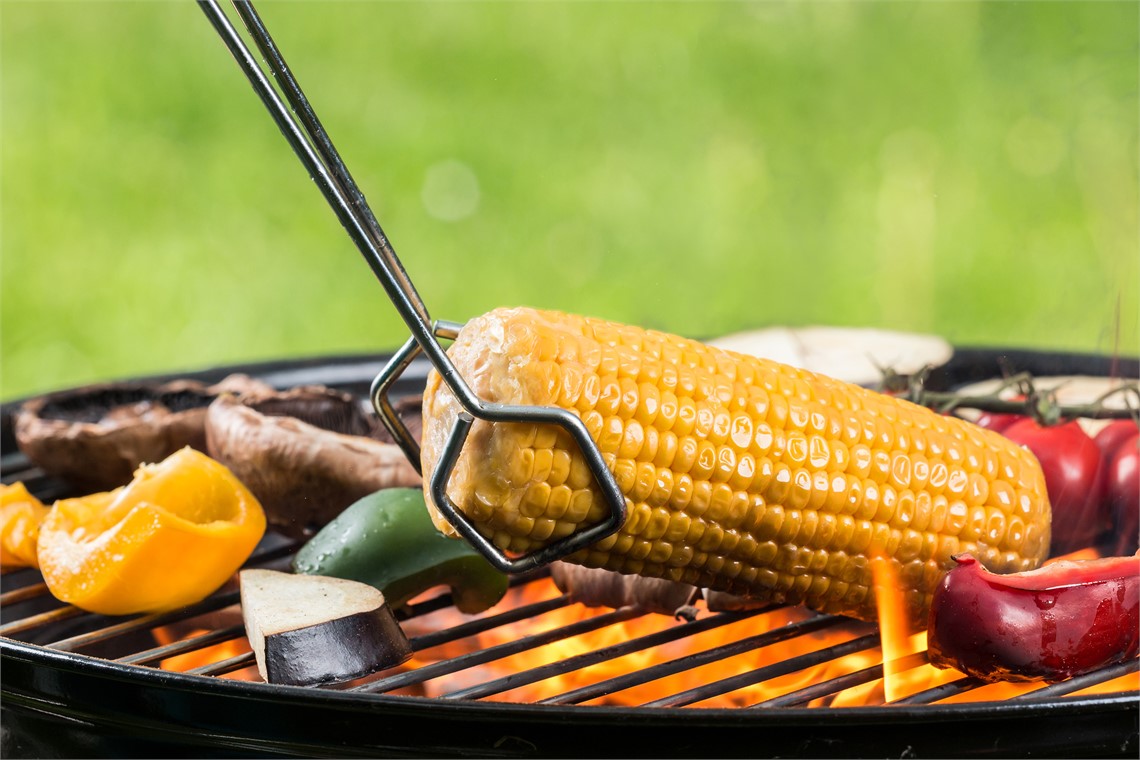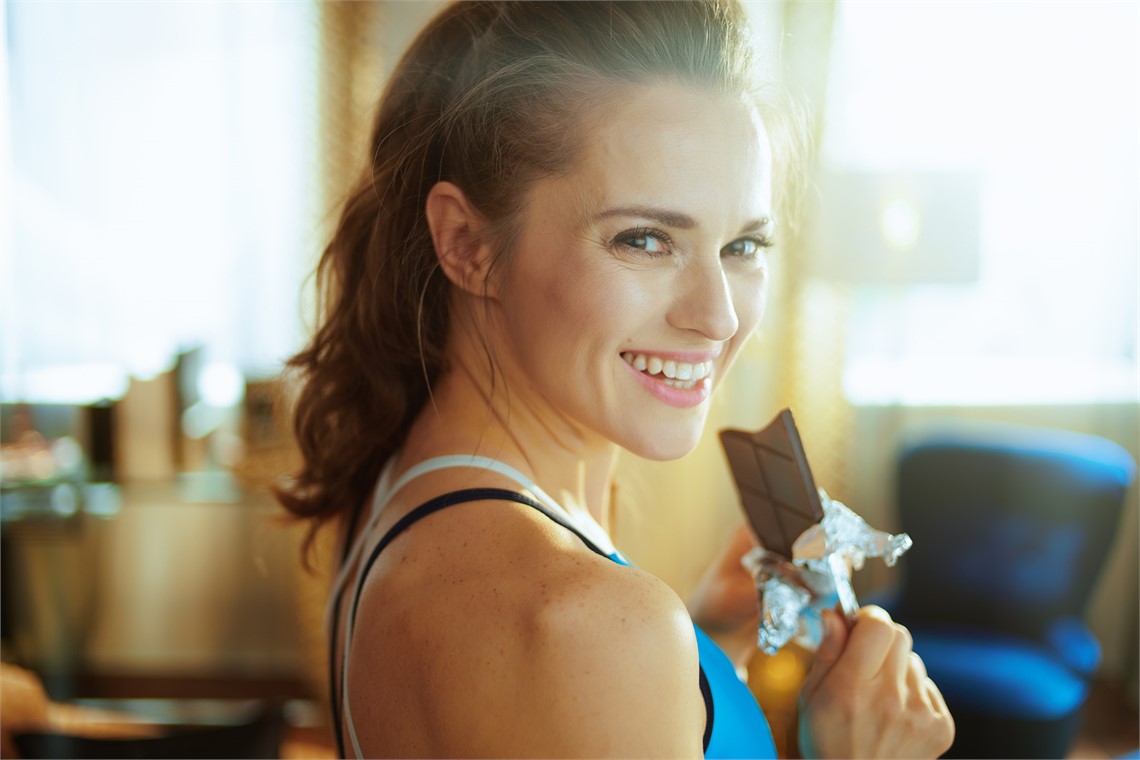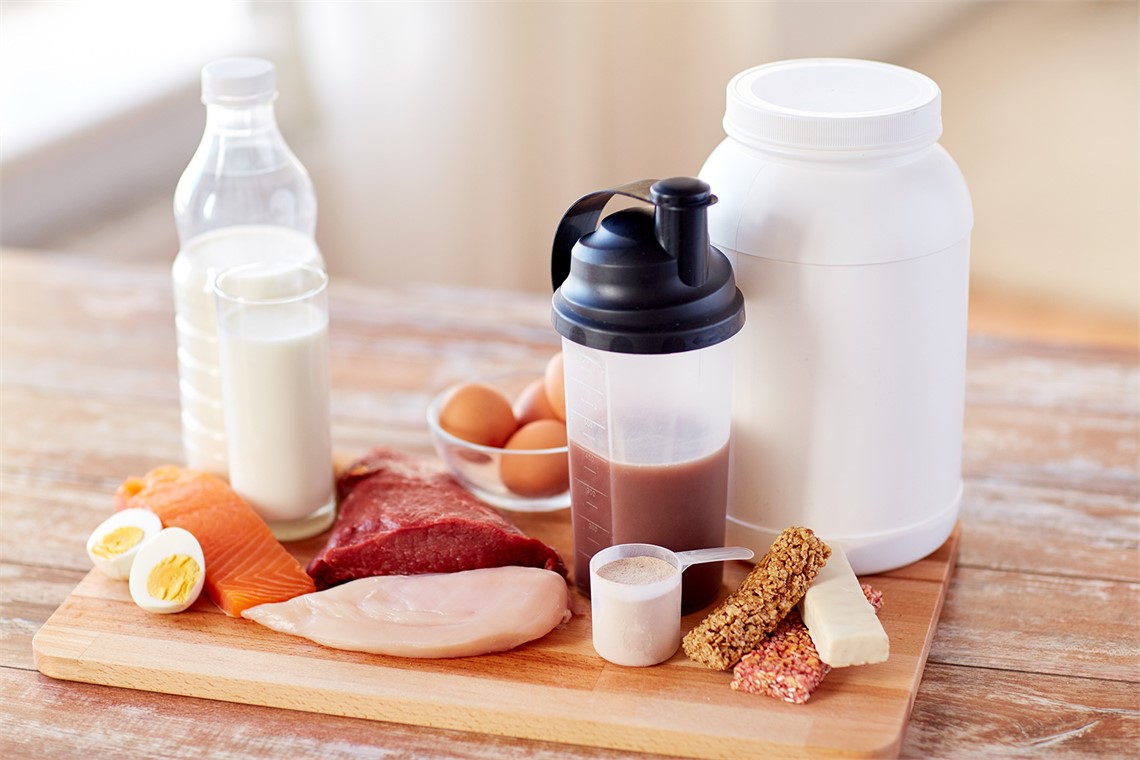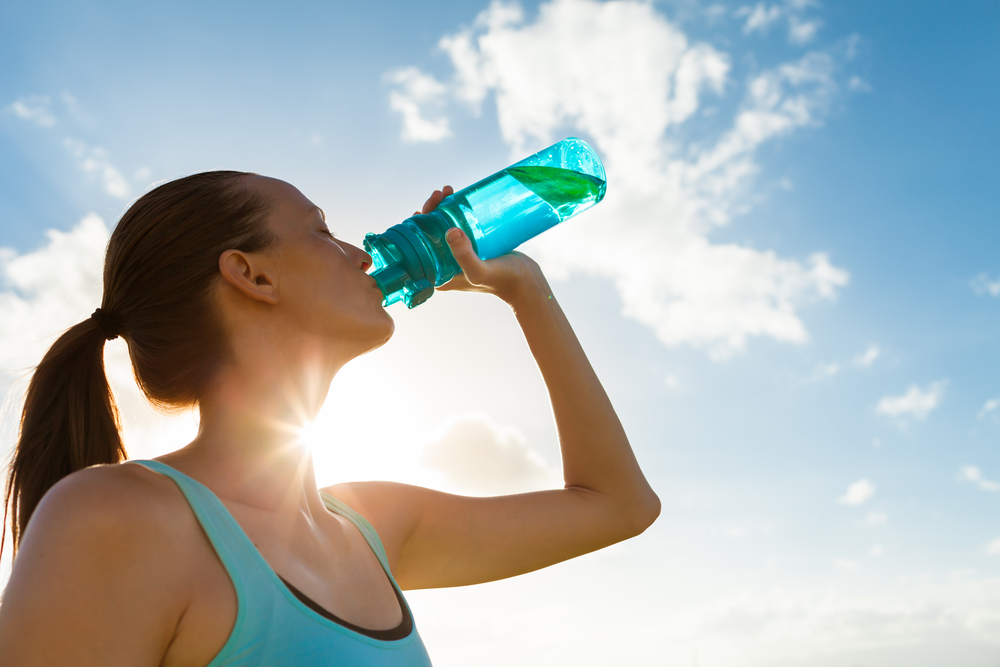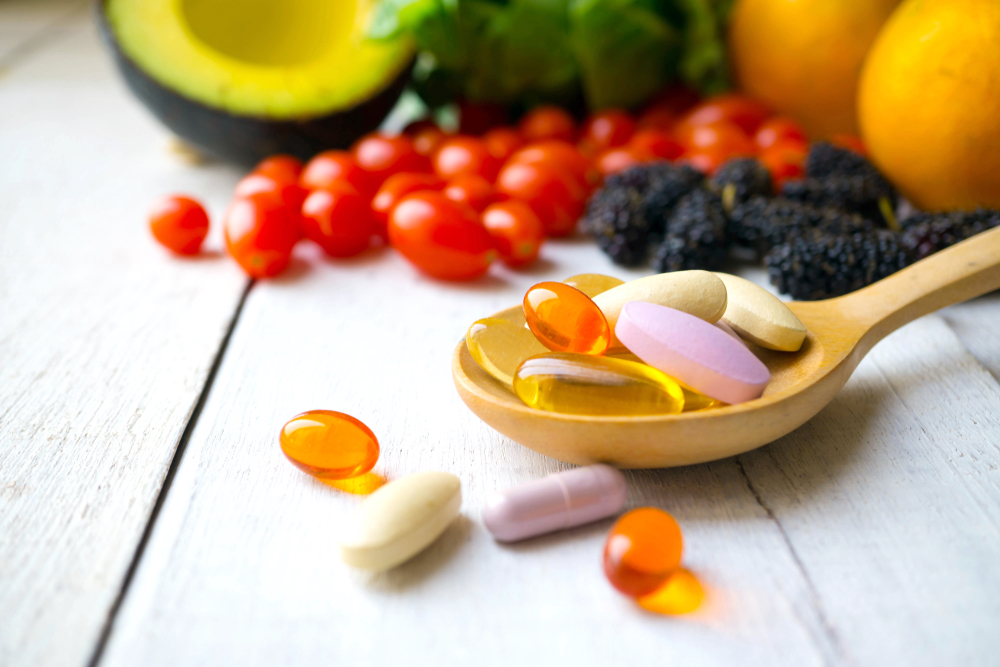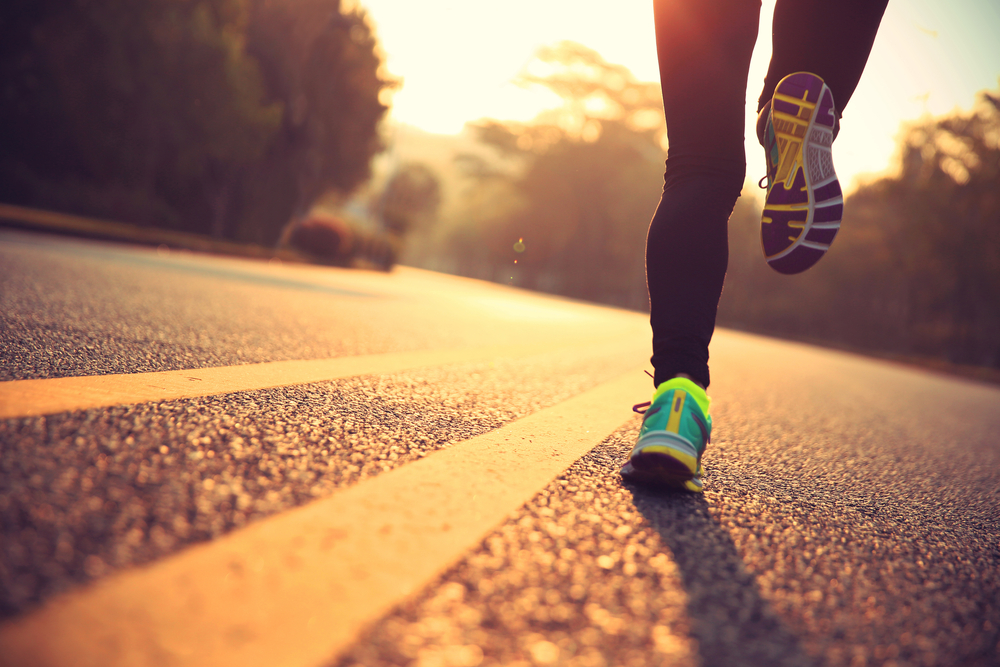As important as it is to have a nutrition plan for race day, it’s equally important to practice it! With a few weeks before the Sanlam Cape Town marathon, make use of your long training runs to find out what works best for you, advises Fedhealth Dream Chasers dietician Andrea du Plessis.
Pre-race meal
If you can stomach breakfast before a race, eat something small. If not, do not – rather choose a sports drink as a substitute.
Remember, on race day, you will probably eat breakfast hours before the race, giving plenty of time for digestion. Try out some of these options +/- two hours before your next long run to find out what works best for you.
Breakfast ideas:
- Smoothie with fruit and milk or yoghurt
- Glass of milk
- Fruit yoghurt
- Banana
- Cereal with milk or yoghurt
- Toast with cheese and Marmite/Bovril
- Toast with peanut butter
- Protein or muesli bar
- Toast with scrambled eggs
- Oat porridge
During the race
- Hydration
Stay well hydrated, but also don’t overdo it. 500ml fluid per hour should be enough, if you start off well hydrated.
- Energy:
- Take something along
42.2km requires more energy than what your body can provide naturally. You will need to consume energy during the race, ideally some form of carbohydrate drink, supplement or snack.
- Start early:
It is ideal to consume your first energy supplement after the first 60 to 90 minutes into the event, thereafter at 45-60 minute intervals. Do not wait until the last stretch when you “hit the wall”, because your digestive system will not be able to absorb food or supplements at the normal rate.
In fact, leaving it too late is known to cause diarrhoea and digestive upsets. Try to take an energy supplement providing between about 20 to 50 grams of carbs per hour. A typical energy gel sachet provides about 22 grams of carbohydrates.
- Water + energy supplements:
If you use energy syrups or energy gels, you have to take some water at the same time to prevent stomach cramps and nausea. The high concentration of sugars needs water to be absorbed properly.
- Snacks and foods on the route:
Boiled potatoes, snack bars, chips, sweets, bananas and orange slices are a few examples of foods that are available en route. Make sure to train with these foods if you plan to consume them during the race. Remember, no new tricks on race day!
Did you know? During running, most of your blood is pooled to the muscles, reducing blood flow to the gut. That is why digestive upsets easily occur when eating during long distance running.
- Supplements:
- Magnesium: Take a supplement of 100 to 150mg magnesium before or during the race. Your muscles require sufficient levels of this mineral for the increased energy turnover and muscle contraction.
- Electrolytes: Sodium and potassium should be replenished during your run. Sports drinks or rehydration formulas are ideal to take.
- B-vitamins: On race day, your body will be converting lots of energy from the foods you've eaten into muscle power you need for running. This energy conversion process utilises B-vitamins. A good multivitamin or B-Complex will provide the B-vitamins required for energy metabolism in your muscles.
- Arnica: Homeopathic arnica tablets taken before, during and after a long run may reduce muscle soreness after the run, most probably due to the anti-inflammatory effects of arnica.
For more information, visit capetownmarathon.com or for any nutrition related questions, contact Andrea du Plessis on 084 403 6018, email andreaduplessis28@gmail.com or go to www.facebook.com/andreaduplessis.nutrition.expert
